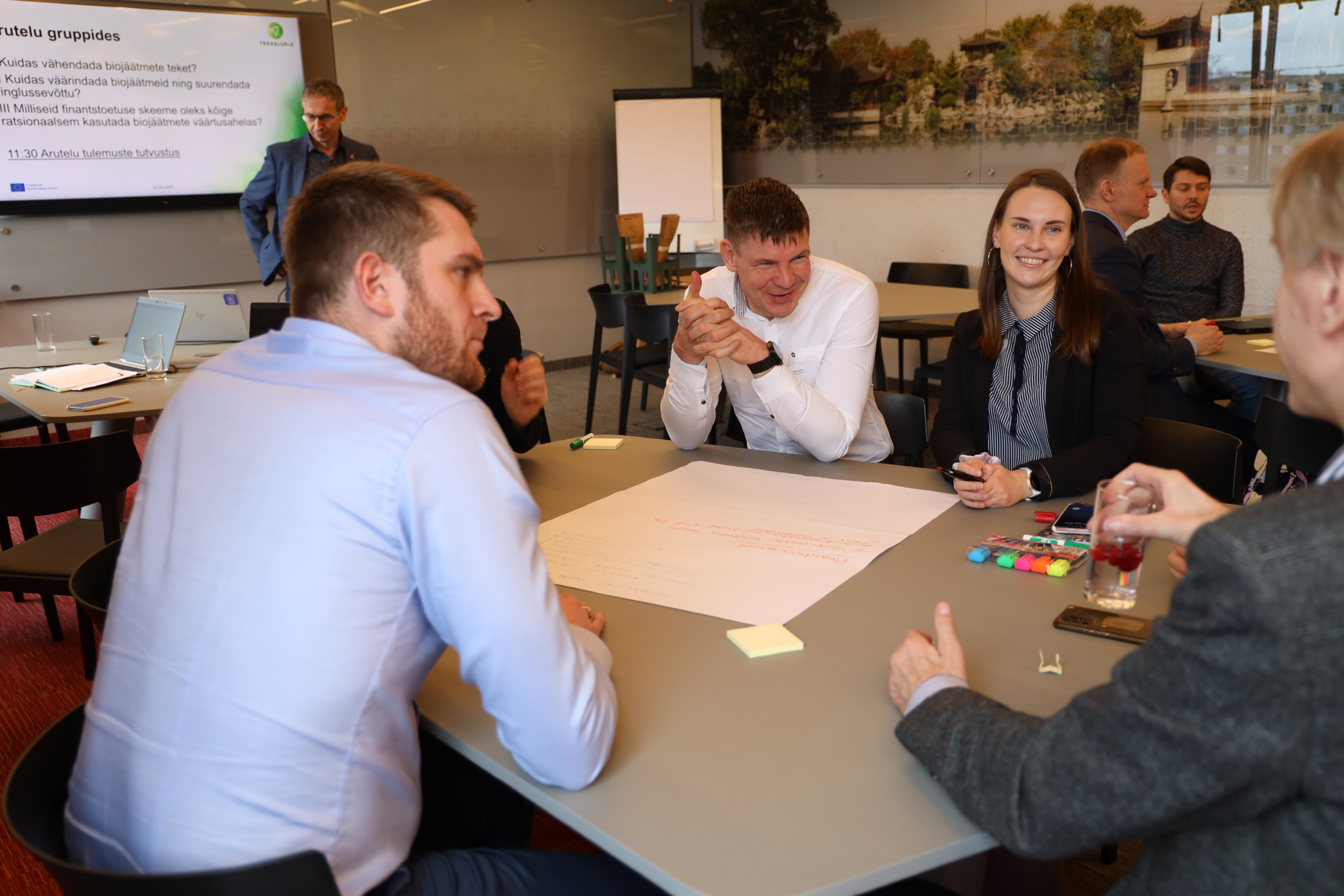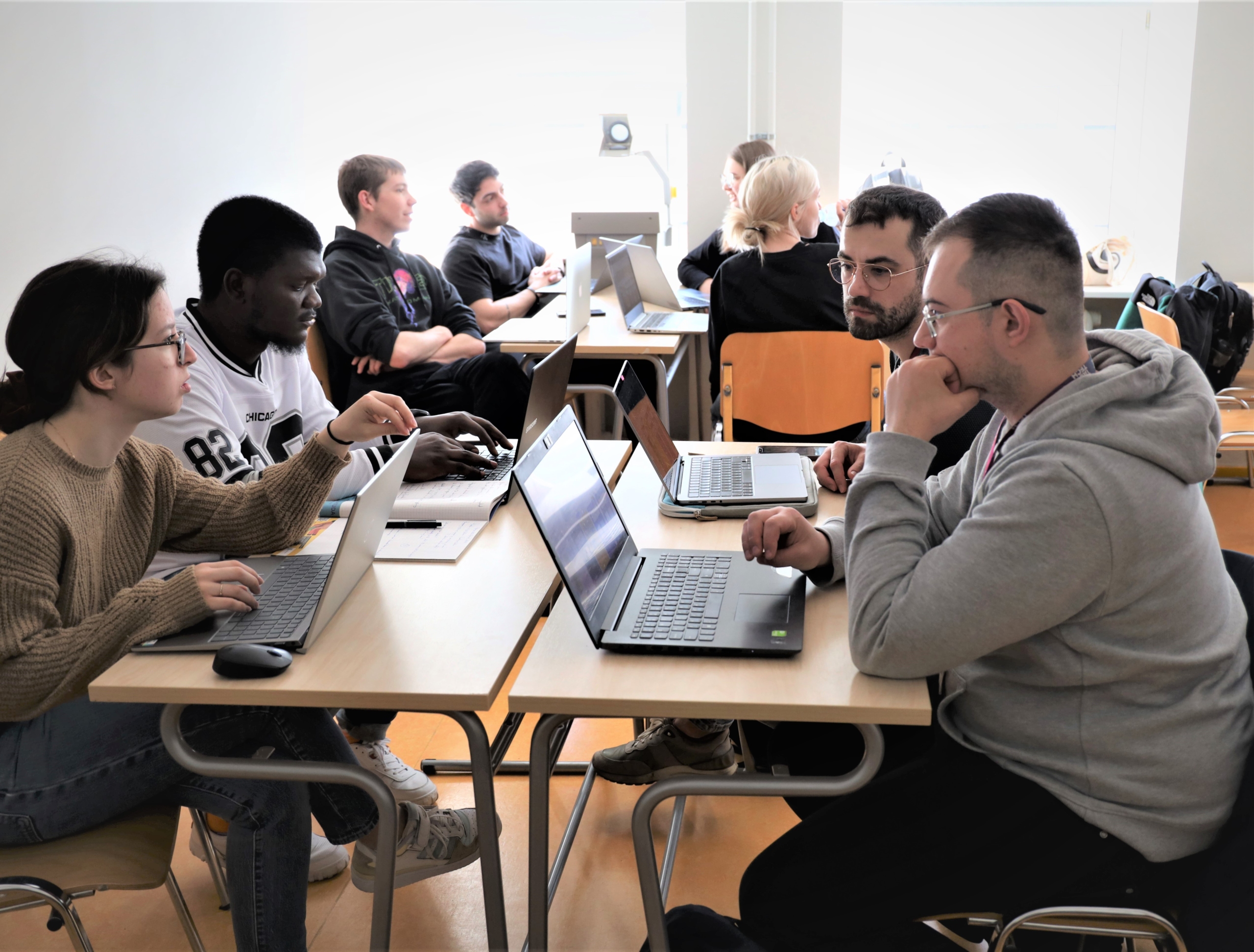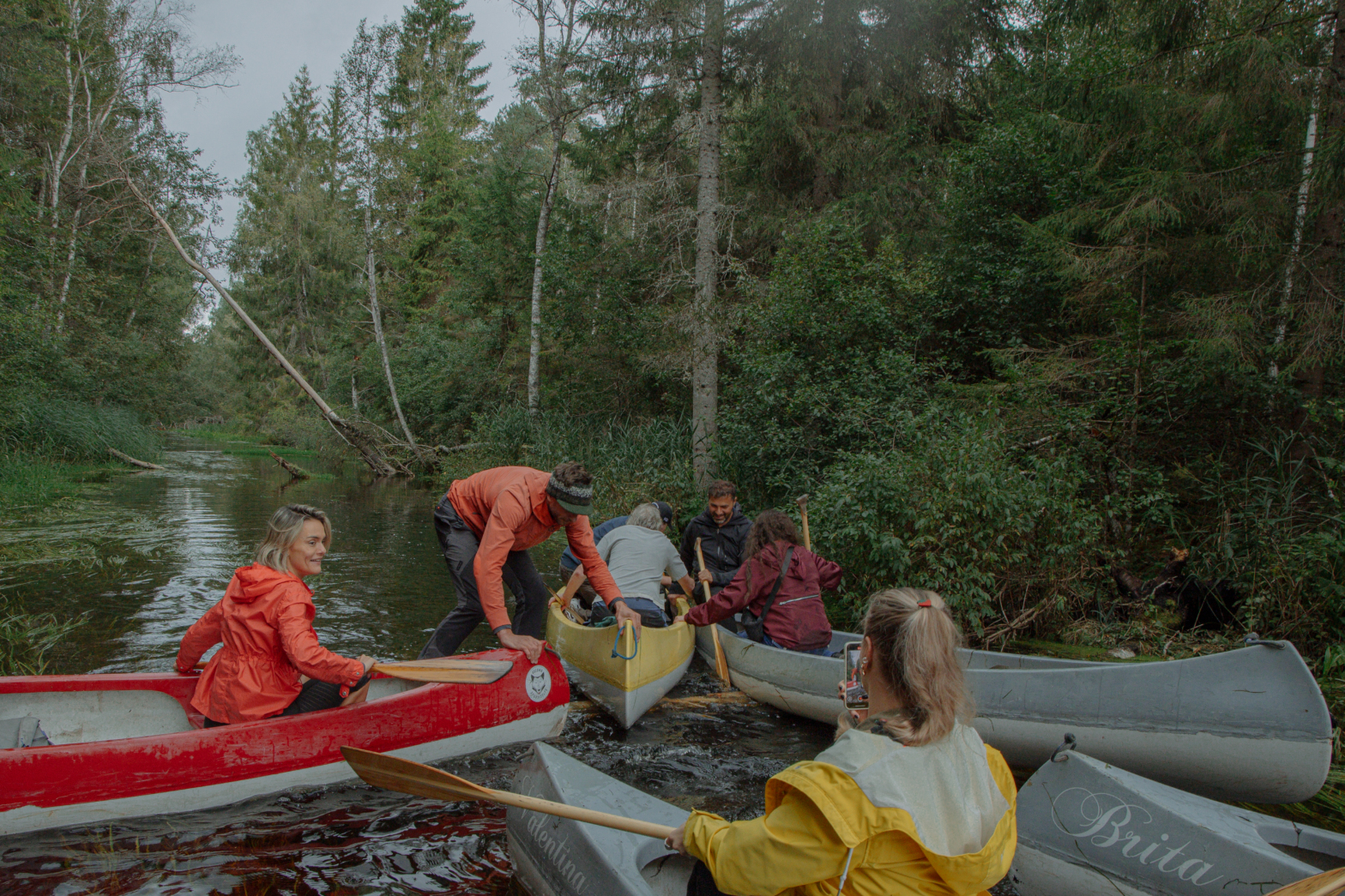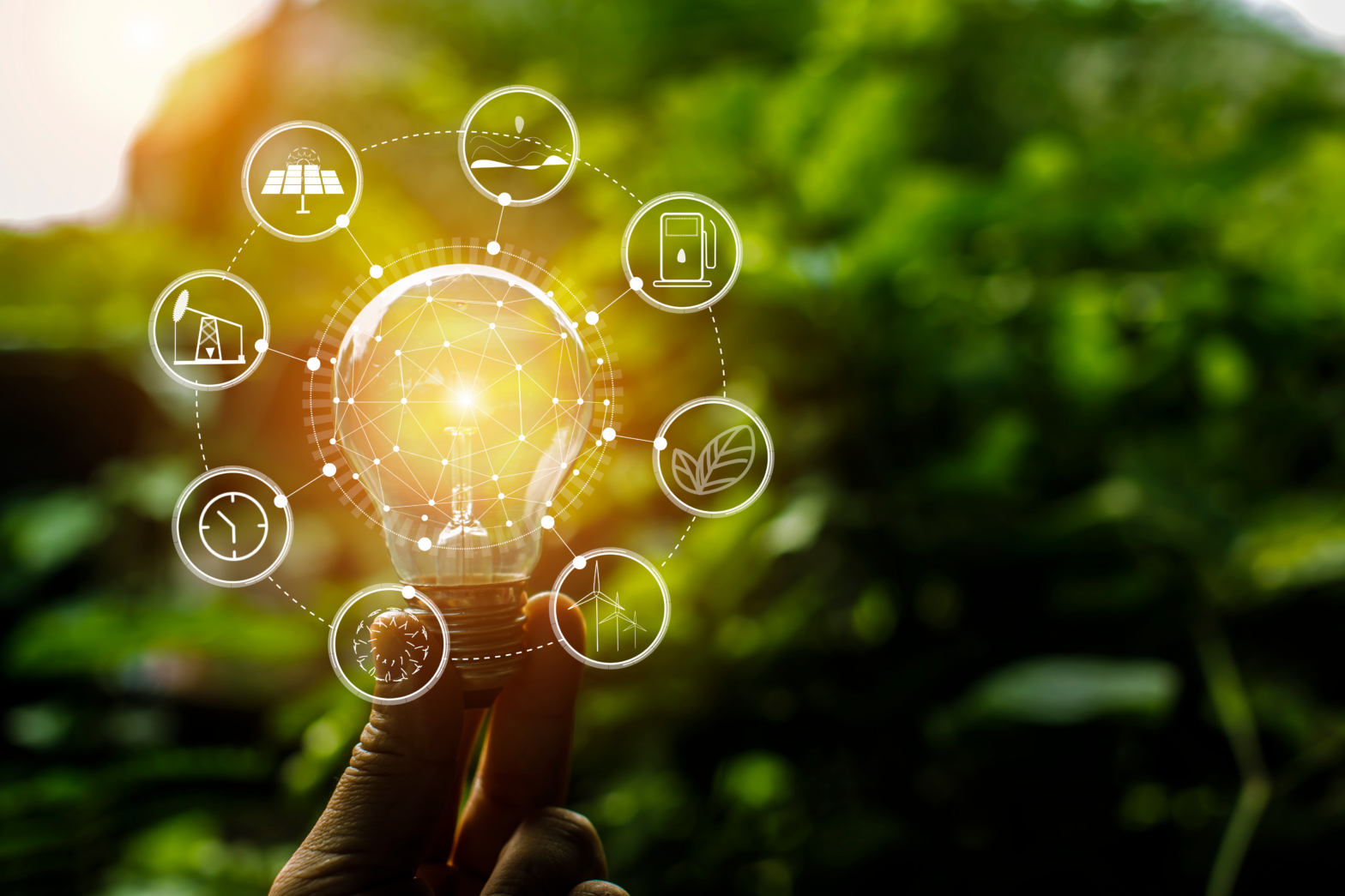Within the framework of TREASoURcE project, FinEst Centre’s team together with other project partners conducted a series of circular economy workshops during late spring 2023 in the replication target areas of the project: Estonia, Latvia, Lithuania, and Poland. The topics of these workshops focused on three main key value chains (KVCs) of the project: biowaste and side streams, plastics, and Electric Vehicle (EV) batteries.
TREASoURcE team analysed the input gathered from workshops utilising PESTLE framework (Political, Economic, Social, Technological, Legal, and Environmental factors that might have an impact on any organisation, company, or industry). This analytical framework enabled us to categorize the input we received during workshops and examine in which fields the change is expected to occur.






